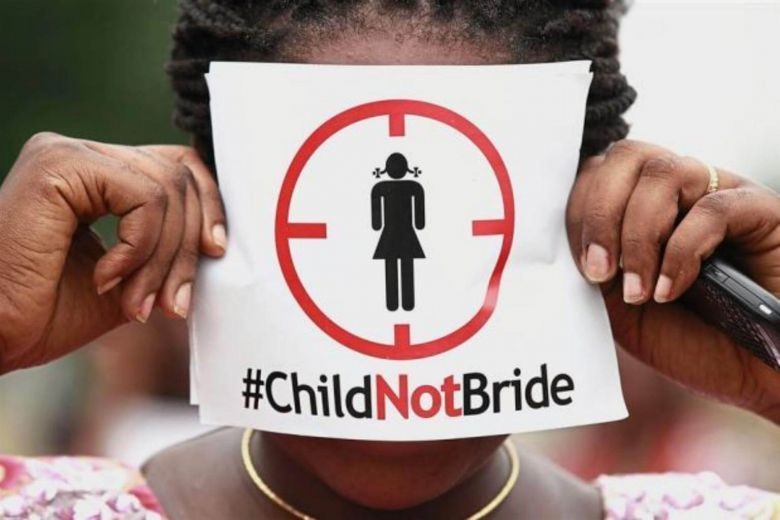Popular Reads
Top Results
Can't find what you're looking for?
View all search resultsPopular Reads
Top Results
Can't find what you're looking for?
View all search resultsEnding early marriage
The Indonesian Child Protection Commission (KPAI) has revealed that as only 5 percent of child marriages were granted court exemptions, the remaining 95 percent may have been carried out with falsified documents.
Change text size
Gift Premium Articles
to Anyone
O
ne piece of good news to come out of last week was the agreement of most lawmakers to increase the legal age of marriage to 19. This means the House of Representatives should gain enough support to revise the 1974 Marriage Law that states females can marry at the age of 16 and males at 19; they can marry even earlier when courts issue “legal dispensation”.
Surveys have shown that despite widely held assumptions, such dispensation has not largely been issued because the girl has become pregnant, thus leading embarrassed parents to request such permission. Traditions in several parts of Indonesia have enabled the continued, rampant practice of child marriage, even among well-off families, with the support of the law passed 45 years ago, when many children were married off or betrothed even younger.
Out of the 10 House factions, only the Prosperous Justice Party (PKS) and the United Development Party (PPP), both Islamic-based, insisted on their initial proposals to increase the age of marriage to 18.
A difference of one year indeed looks inconsequential, but our laws should be made to be in sync with one another including the Child Protection Law, which defines children as those aged 18 and below.
Furthermore, the Women’s Empowerment and Child Protection Ministry has argued that a legal marrying age of 19 would better ensure the maturity of those entering marriage and likely becoming parents. The ministry, the National Commission on Violence Against Women (Komnas Perempuan) and women’s organizations have also repeatedly shown the significant contribution of child marriage to Indonesia’s high maternal mortality rate and underweight newborns.
Several studies have also exposed the burden on very young single mothers, abandoned to take care of infants and becoming increasingly poor as a result, despite parents’ excuse of marrying off daughters to ease the financial burden on their families.
The deliberations in the House on increasing the legal age of marriage belatedly follows the ruling of the Constitutional Court last December, which stated that the minimum age in the 1974 law violated the Constitution, which protects children’s rights. The plaintiffs were three survivors of child marriages, who had lost their childhoods and been exposed to violence from their husbands.
The Indonesian Child Protection Commission (KPAI) has revealed that as only 5 percent of child marriages were granted court exemptions, the remaining 95 percent may have been carried out with falsified documents.
The common practice for married children is to drop out of school, further limiting their opportunities for self-development.
While poverty is widely cited as a main reason, the lucrative illegal business of child trafficking is suspected to facilitate the practice, with recruiters working for syndicates promising fortunes for children willing to work far from their villages or even overseas — the requirements of which include evidence the child is an adult with marriage or divorce papers.
Thankfully, most politicians have finally moved beyond tolerating the practice of marrying children off to safeguard “morality” and to “avoid sin” among courting youngsters.
Once the Marriage Law is changed we can stop saying the Indonesian state practically endorses statutory rape.










